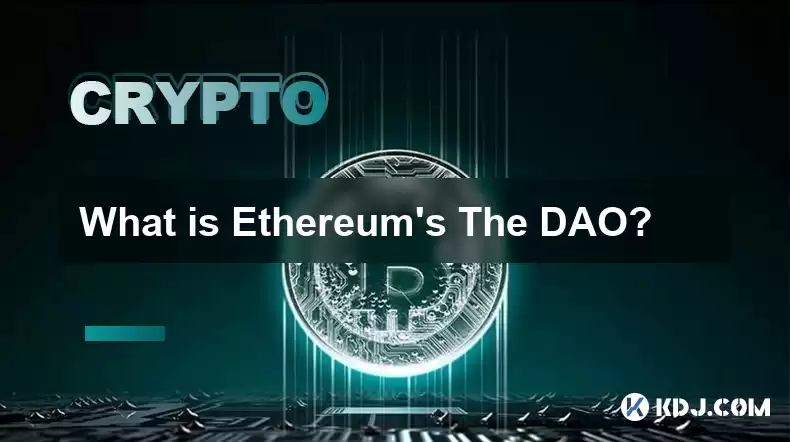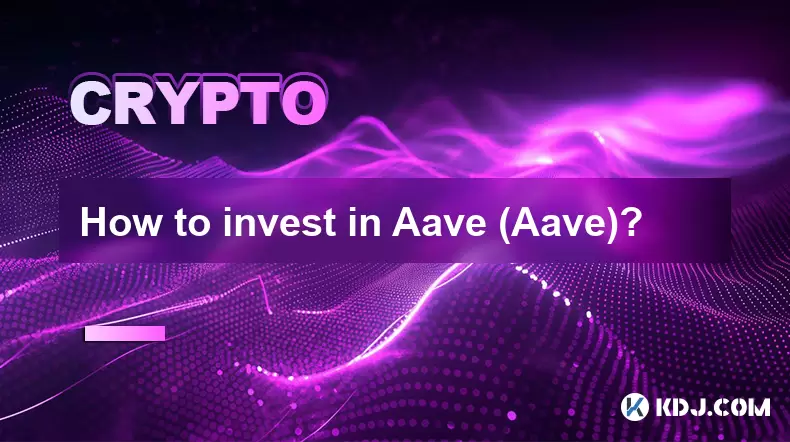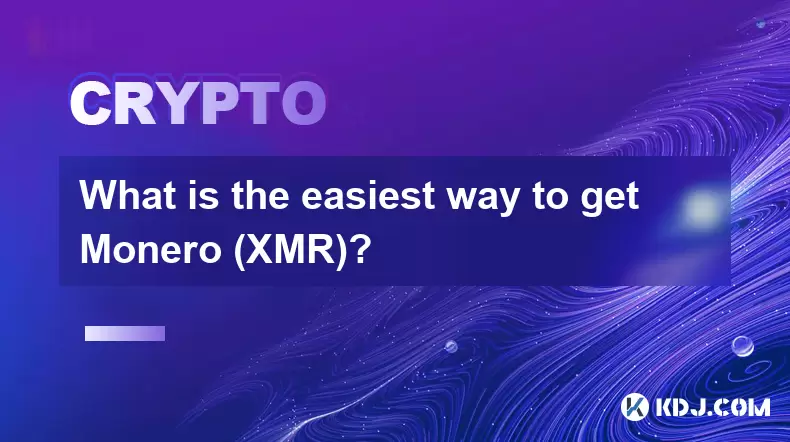-
 Bitcoin
Bitcoin $117400
1.88% -
 Ethereum
Ethereum $3867
5.29% -
 XRP
XRP $3.081
2.58% -
 Tether USDt
Tether USDt $1.000
0.03% -
 BNB
BNB $779.7
0.92% -
 Solana
Solana $171.8
2.11% -
 USDC
USDC $0.9999
0.01% -
 Dogecoin
Dogecoin $0.2172
5.80% -
 TRON
TRON $0.3413
1.41% -
 Cardano
Cardano $0.7641
3.06% -
 Hyperliquid
Hyperliquid $39.69
3.62% -
 Sui
Sui $3.731
6.73% -
 Stellar
Stellar $0.4125
3.55% -
 Chainlink
Chainlink $18.23
8.86% -
 Bitcoin Cash
Bitcoin Cash $579.5
1.41% -
 Hedera
Hedera $0.2538
4.02% -
 Ethena USDe
Ethena USDe $1.001
0.00% -
 Avalanche
Avalanche $22.81
2.82% -
 Litecoin
Litecoin $121.7
1.10% -
 UNUS SED LEO
UNUS SED LEO $8.962
-0.33% -
 Toncoin
Toncoin $3.324
2.94% -
 Shiba Inu
Shiba Inu $0.00001263
2.30% -
 Uniswap
Uniswap $10.24
4.95% -
 Polkadot
Polkadot $3.780
3.09% -
 Dai
Dai $1.000
0.03% -
 Bitget Token
Bitget Token $4.432
1.64% -
 Cronos
Cronos $0.1493
3.87% -
 Monero
Monero $256.7
-9.05% -
 Pepe
Pepe $0.00001092
3.99% -
 Aave
Aave $279.0
6.11%
What is Ethereum's The DAO?
The DAO's decentralized structure, governed by smart contracts, aimed to foster self-governance and investor control within an Ethereum-based organization.
Feb 16, 2025 at 12:18 am

Key Points:
- Definition and Background of The DAO
- Structure and Governance of The DAO
- Funding and Launch of The DAO
- The DAO Hack and Aftermath
- Lessons Learned from The DAO Incident
What is Ethereum's The DAO?
Ethereum's The DAO (Decentralized Autonomous Organization) was an ambitious decentralized venture that aimed to create a self-governing, investor-controlled organization on the Ethereum blockchain.
Structure and Governance of The DAO
- The DAO was designed as a distributed ledger-based organization governed by smart contracts.
- Participants could invest in The DAO with Ether (ETH), Ethereum's native cryptocurrency, and receive governance tokens (DAO) in return.
- DAO token holders had voting rights on proposals submitted to the organization.
- The DAO's operations were fully automated by smart contracts, without the need for a traditional hierarchy or central authority.
Funding and Launch of The DAO
- The DAO fundraising process, known as a "crowdsale," raised over $150 million worth of ETH in May 2016.
- This made The DAO the largest crowdfunded project at the time, showcasing the potential of blockchain technology for fundraising.
- The DAO officially launched on June 16, 2016, with high expectations and a belief that it could revolutionize organizational governance.
The DAO Hack and Aftermath
Just weeks after its launch, The DAO fell victim to a massive hack that resulted in the theft of over $60 million worth of ETH.
- The attack exploited a vulnerability in The DAO's smart contract code, allowing the hacker to manipulate a voting process and siphon funds from the organization.
- The incident raised serious security concerns about the use of smart contracts and the need for thorough code auditing in blockchain applications.
- It also triggered a heated debate within the Ethereum community about the potential legal implications and regulatory framework for decentralized organizations.
Lessons Learned from The DAO Incident
The DAO hack forced the Ethereum community to re-evaluate the security and governance of decentralized applications.
- It highlighted the importance of proper contract design, audit, and testing before deploying smart contracts.
- It also led to the adoption of a "hard fork" on the Ethereum blockchain, effectively splitting it into Ethereum (ETH) and Ethereum Classic (ETC).
- The hard fork was necessary to reverse the stolen funds and protect the rest of the Ethereum ecosystem.
FAQs
What is the difference between The DAO and a traditional organization?
The DAO lacked a traditional hierarchy, being governed by smart contracts instead of human authorities. It also distributed decision-making power among DAO token holders, making it self-governed.
How could The DAO be hacked?
The DAO hack exploited a vulnerability in the organization's smart contract code, allowing the attacker to manipulate a voting process and divert funds.
What was the significance of the DAO hack?
The DAO hack revealed security and governance concerns with decentralized applications and triggered a debate about the legal implications and regulatory framework for such organizations.
What is the current status of The DAO?
The DAO is no longer in operation in its original form. After the hack, the Ethereum community split into Ethereum and Ethereum Classic. The legacy of The DAO remains a key lesson in the evolution of blockchain technologies and decentralized governance.
Disclaimer:info@kdj.com
The information provided is not trading advice. kdj.com does not assume any responsibility for any investments made based on the information provided in this article. Cryptocurrencies are highly volatile and it is highly recommended that you invest with caution after thorough research!
If you believe that the content used on this website infringes your copyright, please contact us immediately (info@kdj.com) and we will delete it promptly.
- Pi Coin's dApp and AI Potential: Building a Decentralized Future
- 2025-08-08 02:30:12
- Ruvi AI Takes the Lead: Outshining Dogecoin on CoinMarketCap
- 2025-08-08 02:50:12
- Cryptos Under $1: Is Ripple Still the King?
- 2025-08-08 03:50:12
- Cold Wallet, Bonk Price, ICP Price: Navigating the Crypto Landscape in 2025
- 2025-08-08 03:56:12
- Memecoins, Low-Cap Gems, and the Hunt for 10,000x Gains: What's Next?
- 2025-08-08 02:50:12
- Bitcoin, Greenidge, and Liquidity: Navigating the Crypto Currents in NYC
- 2025-08-08 02:30:12
Related knowledge

Where can I buy UMA (UMA)?
Aug 07,2025 at 06:42pm
Understanding UMA and Its Role in Decentralized FinanceUMA (Universal Market Access) is an Ethereum-based decentralized finance (DeFi) protocol design...

What exchanges support buying IOTA (MIOTA)?
Aug 07,2025 at 09:58pm
Understanding the Role of Private Keys in Cryptocurrency SecurityIn the world of cryptocurrency, private keys are the cornerstone of ownership and con...

What is the best app to buy EOS?
Aug 07,2025 at 04:35pm
Understanding EOS and Its Role in the Cryptocurrency EcosystemEOS is a blockchain platform designed to support decentralized applications (dApps) with...

What platforms support buying Fantom (FTM)?
Aug 08,2025 at 01:56am
Overview of Fantom (FTM) and Its EcosystemFantom (FTM) is a high-performance, scalable, and secure layer-1 blockchain designed to overcome the limitat...

How to invest in Aave (Aave)?
Aug 08,2025 at 01:07am
Understanding Aave (AAVE) and Its Role in DeFiAave is a decentralized finance (DeFi) protocol that enables users to lend, borrow, and earn interest on...

What is the easiest way to get Monero (XMR)?
Aug 08,2025 at 02:56am
Understanding Monero (XMR) and Its Privacy FeaturesMonero (XMR) is a privacy-focused cryptocurrency that ensures complete anonymity in transactions th...

Where can I buy UMA (UMA)?
Aug 07,2025 at 06:42pm
Understanding UMA and Its Role in Decentralized FinanceUMA (Universal Market Access) is an Ethereum-based decentralized finance (DeFi) protocol design...

What exchanges support buying IOTA (MIOTA)?
Aug 07,2025 at 09:58pm
Understanding the Role of Private Keys in Cryptocurrency SecurityIn the world of cryptocurrency, private keys are the cornerstone of ownership and con...

What is the best app to buy EOS?
Aug 07,2025 at 04:35pm
Understanding EOS and Its Role in the Cryptocurrency EcosystemEOS is a blockchain platform designed to support decentralized applications (dApps) with...

What platforms support buying Fantom (FTM)?
Aug 08,2025 at 01:56am
Overview of Fantom (FTM) and Its EcosystemFantom (FTM) is a high-performance, scalable, and secure layer-1 blockchain designed to overcome the limitat...

How to invest in Aave (Aave)?
Aug 08,2025 at 01:07am
Understanding Aave (AAVE) and Its Role in DeFiAave is a decentralized finance (DeFi) protocol that enables users to lend, borrow, and earn interest on...

What is the easiest way to get Monero (XMR)?
Aug 08,2025 at 02:56am
Understanding Monero (XMR) and Its Privacy FeaturesMonero (XMR) is a privacy-focused cryptocurrency that ensures complete anonymity in transactions th...
See all articles

























































































